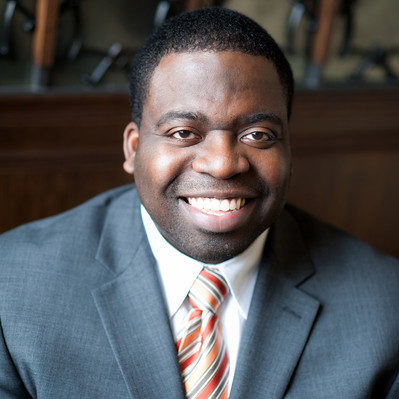Jay Rosen cast everyone that wrote a “twitter can’t topple dictators” article as not serious. Above The Law lists some serious people’s “cyber pragmatists”.
He must not have read Evgeny Morozov’s new book Net Delusion, whose very first chapter names the fools, links to the content, and reframes the big question as not whether social media matters but rather which side it ultimately benefits in the balance of power between citizens and authoritarian states.
Aaron Bady has a much more nuanced set of thoughts. TechPresident’s Nancy Scola has some additional words of wisdom on how to evaluate social media’s role in the latest wave of democratization
I wrote one. I named a few people who made foolish statements. Maybe I can make my point more “serious”. Cheers to the people in Northern Africa and the Middle East that have used social media to promote and facilitate action.
Not all dictators will be so clumsy, lost or timid in the face of centralized, hardware network dependent social media (Iran, Zimbabwe). The networks that protesters used to disseminate information are dependent upon regime controlled infrastructure.
It’s great that Facebook and Twitter did so much for us. But the despots will figure out how to work around them both technically and politically. They’re too easy to disrupt. Facebook could go down on its own
[…]There’s all kinds of crazy stuff you can do at a firewall to make one site appear to be having technical problems. Real technical problems (but fake ones nonetheless). There are consultants calling on generals all over the world, right now, selling them wonderful Internet dashboards that selectively and randomly make sites appear to have problems of their own, not caused by the government.
The Albany police chief, Laurie Pritchett, carefully studied the movement’s strategy and developed a strategy he hoped could subvert it. He used mass arrests but avoided the kind of dramatic, violent incidents that might backfire by attracting national publicity. Pritchett arranged to disperse the prisoners to county jails all over southwest Georgia to prevent his jail from filling up. The Birmingham Post-Herald stated that “The manner in which Albany’s chief of police has enforced the law and maintained order has won the admiration of… thousands.”
“Generally, in Libya before this, there was no media,” explains Shallouf*. “So if Tobruk made a revolution, [the government] would spend three to five days killing us and finish the revolution. Nobody in [larger nearby communities and cities] al-Baida or Darna or Benghazi would have heard about it. But now with al-Jazeera and Facebook and the media, all of Libya hears about the revolution and is with the revolution. They know about it. They think, ‘I am Libyan, this is my family, so I will go to the street to fight for them.’ ”
He and fellow Libyans had followed the Tunisian and Egyptian uprisings on al-Jazeera and satellite Arabic-language news channels. He did his best, along with other Libyan activists, to internally circulate the videos he saw so that other Libyans could get a glimpse of what was happening on either side of their closed-off country. “After I got videos from the Internet, we sent them from Bluetooth to Bluetooth. Mostly videos of fighting in Egypt. I felt two things when I saw these videos: I felt sad. And then I wanted to make a revolution!”
With the Internet shut down, Libyans crossed the border for access. Says Tawfik al-Shohiby, a chemical-engineering professor at the University of Tobruk: “We sent my brother and his friend to Marsa Matruh [in Egypt] to use the Internet. I went to Egypt every day to give him a flash disk full of media from Tobruk, al-Baida, Benghazi. They were videos from mobiles. Not just mine. We made copies, went to the Egyptian border at Salloum and gave it to someone there — my cousin’s son — and he went to Matruh, where my brother was. That was the first media center of the Libyan revolution. My brother [a 31-year-old computer engineer] had this idea. On the 16th of February, he printed flyers for the protest and spread them in the streets from his car.”*[Gamal Shallouf a marine biologist interviewed by Hauslohner]
- “Locked” mobile devices
- Insecure GSM (GSM mobile can be traced with a simple hack)
- DRM format restricted devices
- Non-replaceable batteries
- Application/Utility installation restrictions
- Devices that can be remotely wiped without user consent (prior or real time)
- Devices without removable memory or directly accessible file systems
These restrictions are common in mobile devices, but governments are already demanding even higher barriers to free use from carriers and manufacturers and that is a serious problem.
